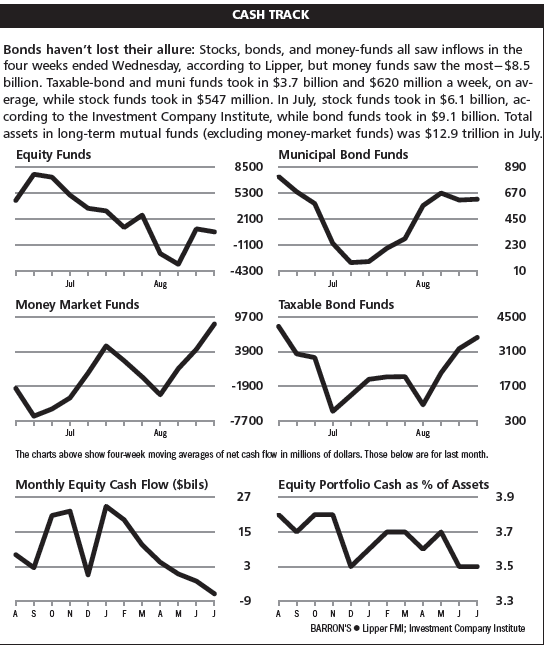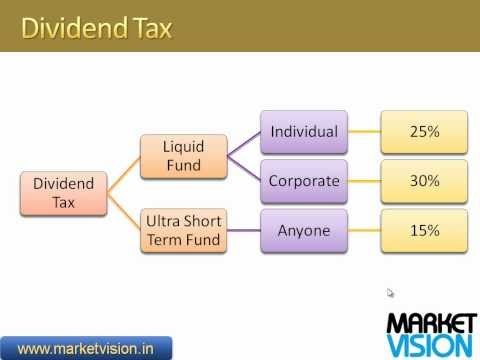UltraShort Bond Funds Know Where You’re Parking Your Money
Post on: 8 Октябрь, 2015 No Comment

Ultra-short bond funds are mutual funds that generally invest in fixed income securities with extremely short maturities, or time periods in which they become due for payment. Like other bond mutual funds, ultra-short bond funds may invest in a wide range of securities, including corporate debt, government securities, mortgage-backed securities, and other asset-backed securities.
Some investors dont realize that there are material differences between ultra-short bond funds and other investments with relatively low risks, such as money market funds and certificates of deposit. Specifically, ultra-short bond funds tend to have higher risks than money market funds and certificates of deposit (CDs).
Money market funds can only invest in certain high-quality, short-term investments issued by U.S. government, U.S. corporations, and state and local governments. Ultra-short bond funds, like other bond mutual funds, are not subject to these requirements and typically pursue strategies aimed at producing higher yields by investing in securities with higher risks. In addition, the net asset value (NAV) of an ultra-short bond fund will fluctuate, while a money market fund tries to keep its NAV at a stable $1.00 per share. Money market funds are also subject to strict diversification and maturity standards that dont apply to ultra-short bond funds.
Ultra-short bond funds are not guaranteed or insured by the FDIC or any other government agency. A CD, on the other hand, features federal deposit insurance up to $250,000. A CD, which promises a return of principal and a specified rate of interest, is a special type of deposit account with a bank or thrift institution that typically offers a higher rate of interest than a regular savings account.
If you are considering investing in an ultra-short bond fund, keep in mind that ultra-short bond funds can vary significantly in their risks and rewards. In fact, some ultra-short bond funds may lose money despite their investment objective of preserving capital. The level of risk associated with a particular ultra-short bond fund may depend on a variety of factors, including:
Credit Quality of the Funds Investments
Its important to know the types of securities a fund invests in because ultra-short bond funds may experience losses due to credit downgrades or defaults of their portfolio securities. Credit risk is less of a factor for ultra-short bond funds that principally invest in government securities. By contrast, if you invest in an ultra-short bond fund that invests in bonds of companies with lower credit ratings, derivative securities, or private label mortgage-backed securities, youll generally be subject to a higher level of risk.
Maturity Dates of the Funds Investments
The maturity date of a security is the date that it becomes due for payment. An ultra-short bond fund that holds securities with longer average maturity dates will be riskier than a fund with shorter average maturity dates assuming the funds are otherwise similar.

Sensitivity to Interest Rate Changes
Generally, when interest rates go up, the value of debt securities will go down. Because of this, you can lose money investing in any bond fund, including an ultra-short bond fund. In a high interest rate environment, certain ultra-short bond funds may be especially vulnerable to losses. Before you invest in any ultra-short bond fund, be sure to read about a funds duration, which measures how sensitive the funds portfolio may be to changes in interest rates.
As always, be skeptical of any investment that promises you a greater potential for return at no additional risk. Investors can learn more about an ultra-short bond fund by reading all of the funds available information, including its prospectus.
Investors should understand how mutual funds work, what factors to consider, and how they can avoid common problems, before they invest in an ultra-short bond fund or any mutual fund. Investors seeking to learn more about mutual fund investing should read the SECs Invest Wisely: An Introduction to Mutual Funds . For more information about investing wisely and avoiding fraud, please check out Investor.gov and the Investor Information section of our website at www.sec.gov/investor.shtml .
The Office of Investor Education and Advocacy has provided this information as a service to investors. It is neither a legal interpretation nor a statement of SEC policy. If you have questions concerning the meaning or application of a particular law or rule, please consult with an attorney who specializes in securities law.














